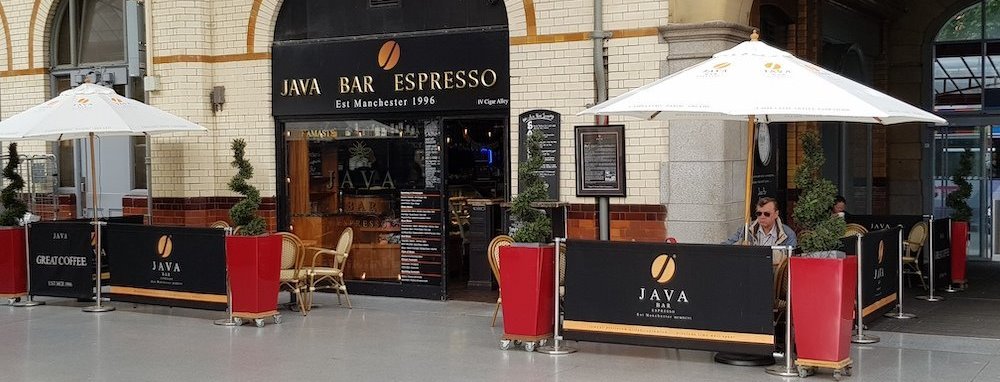
From the 19th Century, coffee grown in Java was traded across the world and was so popular that in the United States that a ‘cup of Java’ was America’s favourite beverage. In its original state, Java coffee is 100 percent arabica, which has a higher quality, a stronger flavor, and noticeable acidity. This is mostly in contrast to robusta coffee, which is milder and utilized in instant coffee blends.
By the mid-nineteenth century, the colonial control of the Dutch East Indies (present-day Indonesia ) had passed from the Dutch East India Company (VOC) to the Dutch government, due to the economic failure of the VOC. In order to increase revenue, the Dutch colonial government implemented a series of policies termed the Cultivation System (Dutch: cultuurstelsel), which mandated Indonesian farmers to grow a quota of commercial crops such as sugar and coffee, instead of growing staple foods such as rice.
At the same time, the colonial government also implemented a tax collection system in which the collecting agents were paid by commission. The combination of these two strategies caused widespread abuse of colonial power, especially on the islands of Java and Sumatra, resulting in abject poverty and widespread starvation of the farmers.
For more than twenty years Eduard Douwes Dekker held a series of posts in the colonial government of the Dutch East Indies. In 1857, he was appointed Assistant Resident of Lebak, in the Banten province of Java. By this time, however, he had begun to openly protest the abuses of the Dutch colonial system and was threatened with dismissal. Instead, he resigned his appointment and returned to the Netherlands. Determined to expose the scandals he had witnessed during his years in the Dutch East Indies, he began to write newspaper articles and pamphlets. Little notice was taken of these early publications until, in 1860, when he published his satirical anti-colonialist novel Max Havelaar: The Coffee Auctions of the Dutch Trading Company under the pseudonym Multatuli.
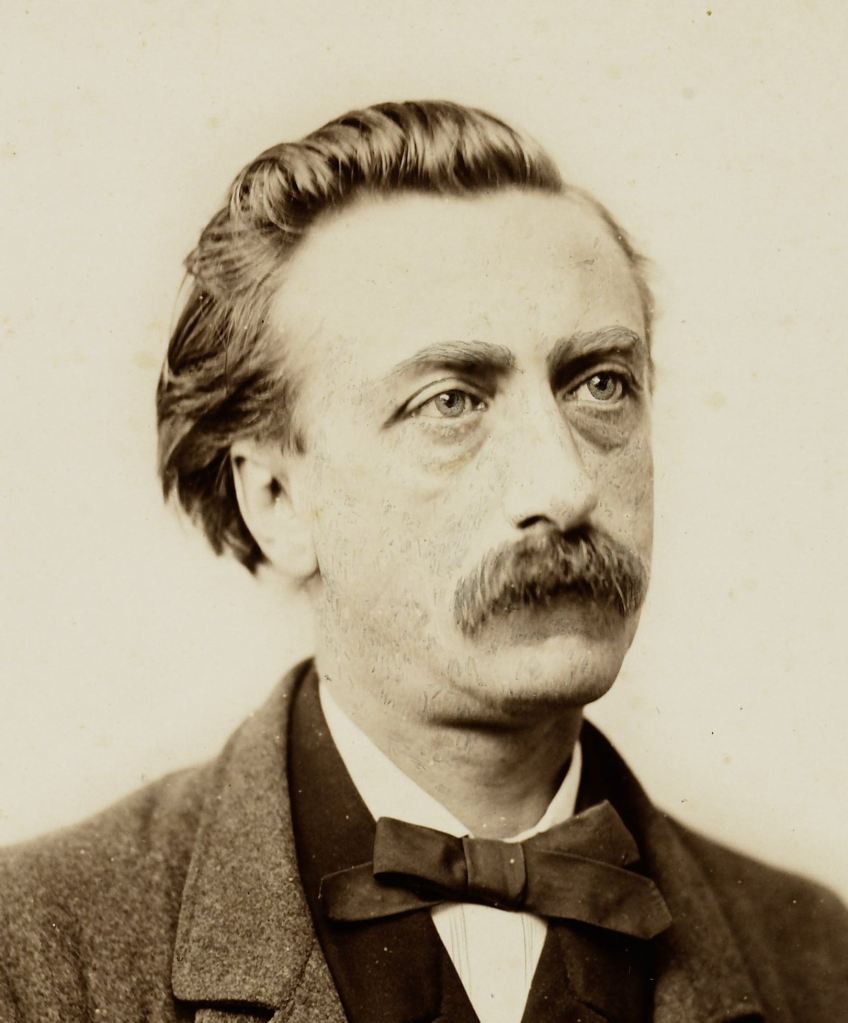
In the novel, the story of Max Havelaar, a Dutch colonial administrator, is told by two diametrically opposed characters: the hypocritical coffee merchant Batavus Droogstoppel, who intends to use Havelaar’s manuscripts to write about the coffee trade, and the romantic German apprentice Stern, who takes over when Droogstoppel loses interest in the story. The opening chapter of the book nicely sets the tone of the satirical nature of what is to follow, with Droogstoppel articulating his pompous and mercenary world-view at length. At the very end of the novel Multatuli himself takes the pen and the book culminates in a denunciation of Dutch colonial policies and a plea to king William III of the Netherlands to intervene on behalf of his Indonesian subjects.
There is no mention of the Dutch Trading Company or its auctions anywhere in the book. Multatuli intentionally chose the misleading subtitle, so as to deceive anyone interested in the coffee trade into buying and reading the book. Multatuli’s intent was, after all, for his message to be heard, so he wanted the book to be read by as many people as possible. One reader fell for this and then wrote an open letter in which he complained that the book wasn’t actually about coffee auctions.
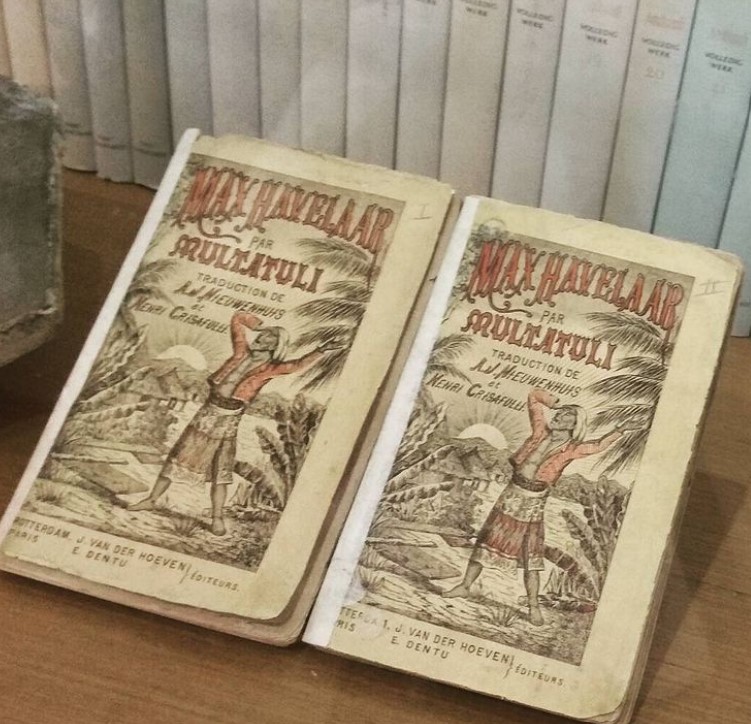
The book caused enormous controversy in the Netherlands. Apologists for colonialism accused Multatuli of exaggeration, he was unsuccessfully pressured to withdraw the inflammatory book and then forced to leave Holland and live in exile in Germany. Critics claimed it lacked literary merit; nonetheless, Max Havelaar was read all over Europe. The book raised the awareness of the Dutch public that the wealth they enjoyed was the result of the suffering of their colonial subjects. Multatuli’s main goal, in writing Max Havelaar, was to put the suffering of the common man in the Dutch East Indies on the agenda in the Netherlands. Although at first few people paid attention to this aspect of the book, he certainly succeeded in the long run as by 1900, the Dutch government had adopted the Ethical Policy which stated that it was the responsibility of the colonial government to educate their subjects rather than simply exploit them. By which the Dutch colonial government attempted to ‘repay’ their debt to their colonial subjects by providing education to some classes of Indonesians, generally those members of the elite loyal to the colonial government.
In 1908 those educated Indonesian students in the Netherlands founded the Perhimpoenan Indonesia (The Indonesian Association). This was important because it was one of the first organisation to campaign for full independence for Indonesia from the Netherlands (and to use the term Indonesia). Many of the Perhimpoenan Indonesia students, such as Mohammed Hatta, would later acquire prominent political positions in the independent Indonesia.
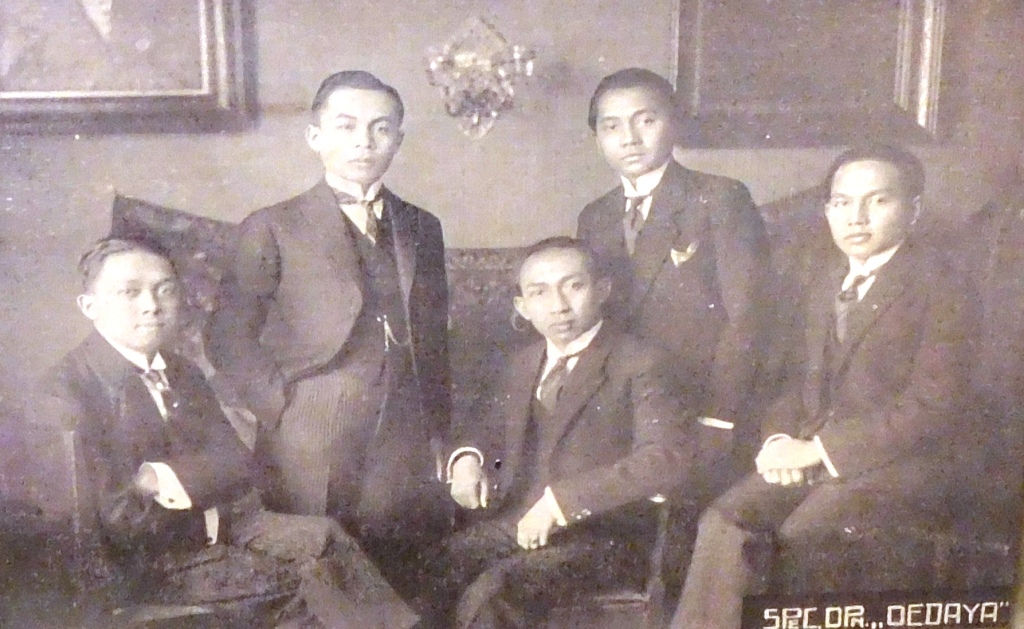
The Indonesian novelist Pramoedya Ananta Toer has argued that by triggering these educational reforms, Max Havelaar was responsible for the nationalist movement that ended Dutch colonialism in Indonesia. Thus, according to Pramoedya, Max Havelaar is ‘the book that killed colonialism’. In June 2002, the Society of Dutch Literature proclaimed Multatuli (Eduard Douwes Dekker) the most important Dutch writer of all time.
The Multatuli Museum is located in Amsterdam at Korsjespoortsteeg 20 where Eduard Douwes Dekker was born.
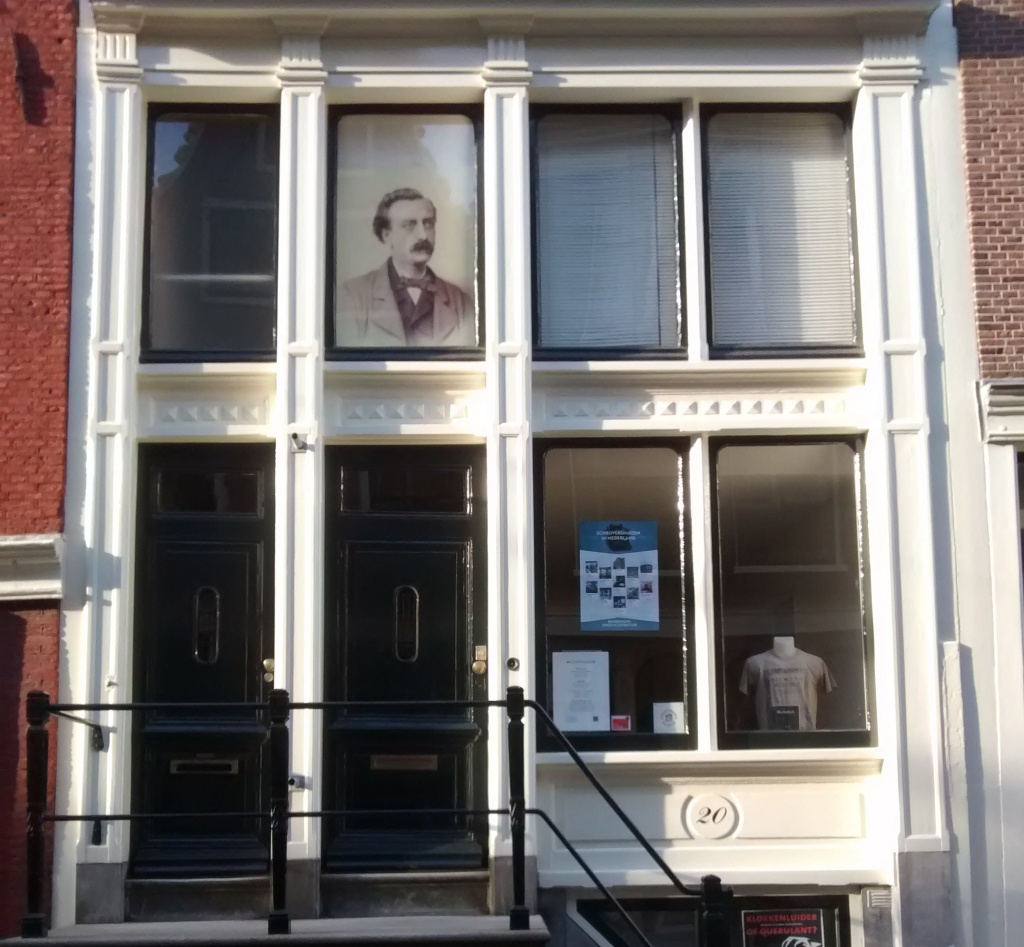
Another Multatuli Museum was opened on 11 February 2018 in Rangkasbitung, Lebak Regency, where Eduard Dowes Dekker was formerly the Assistant Resident.
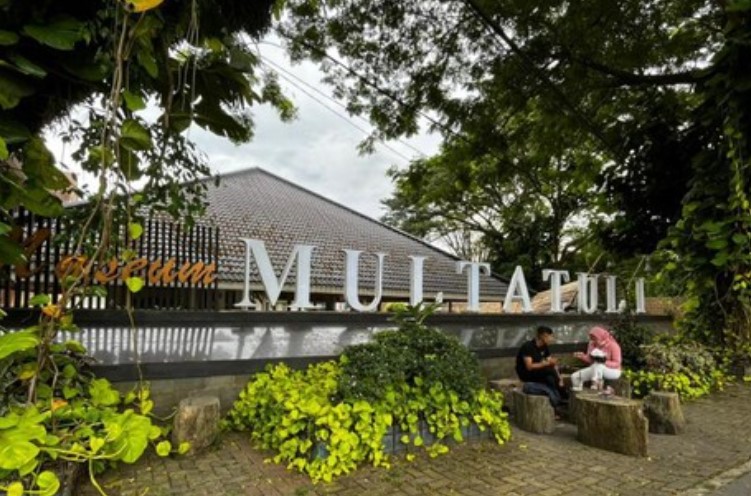

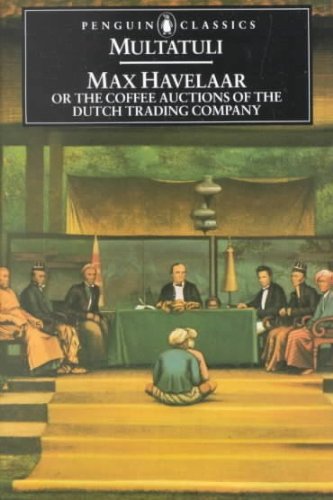
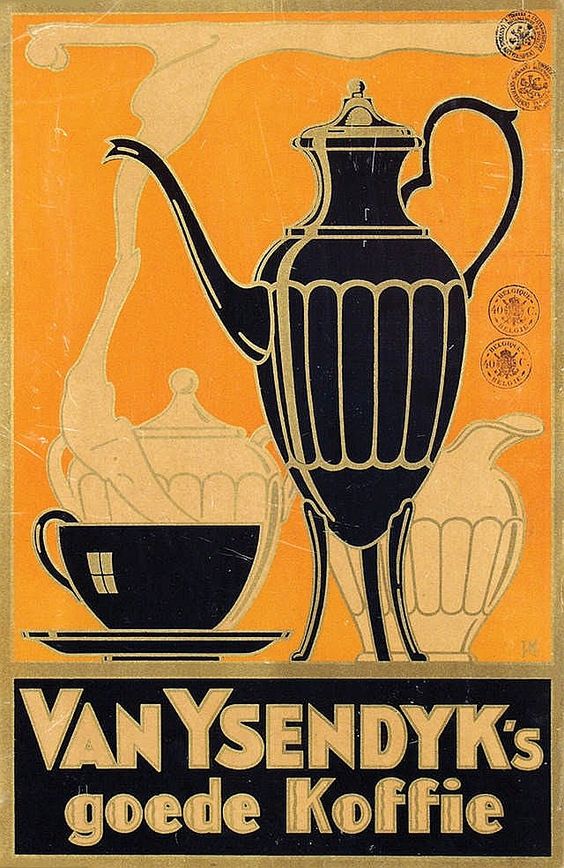
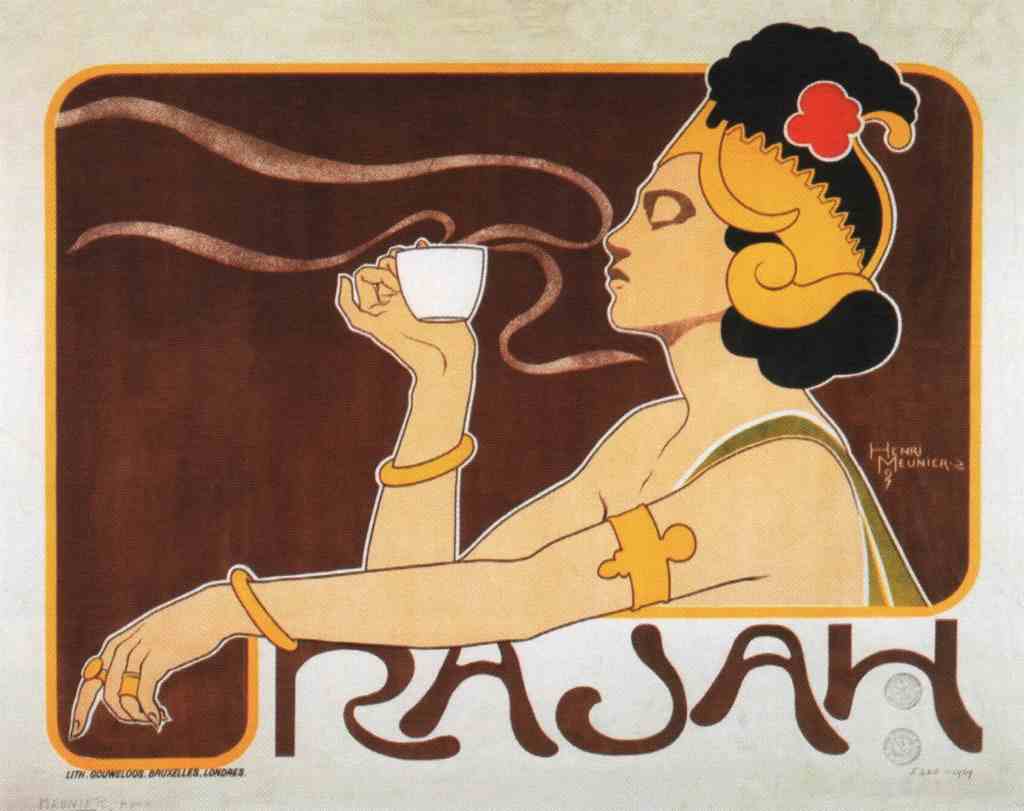
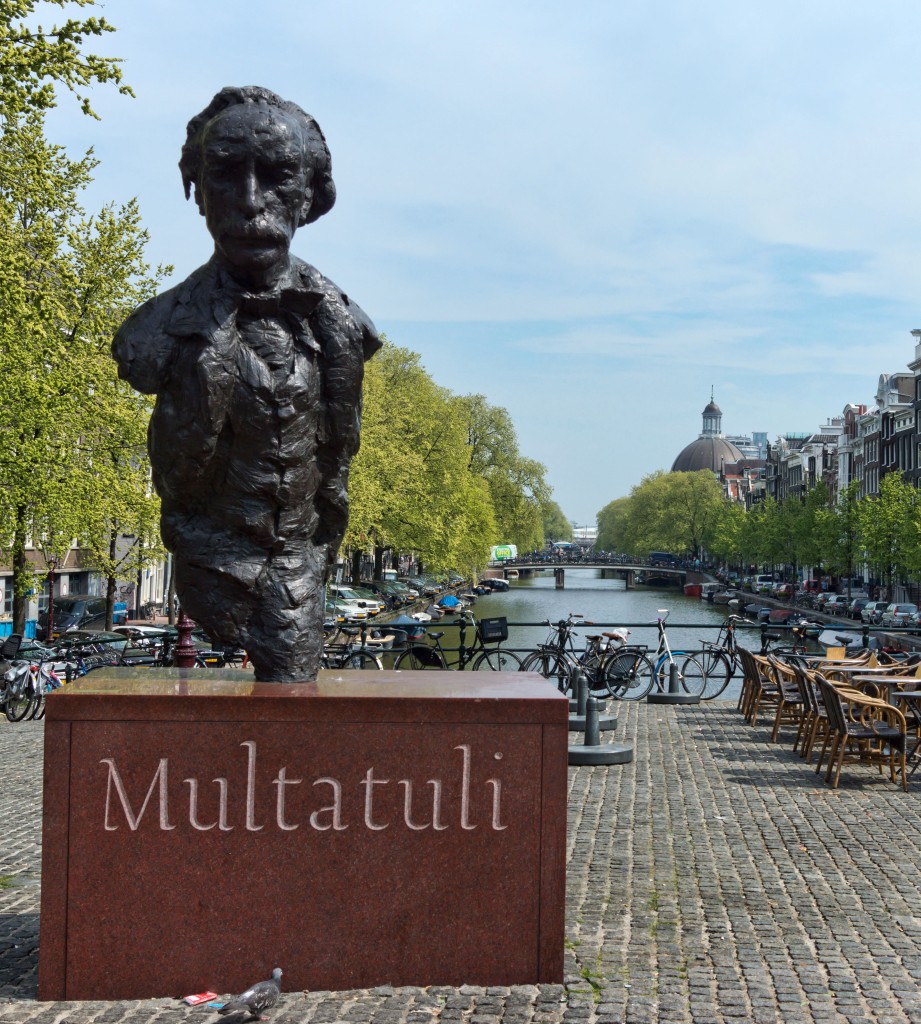
Ian … thanks for the insights and research … more kerja bagus.
Thanks Ian. I knew both about this gentleman and his book. This is an interesting piece of Indonesian history.
Thanks Randy. Would you have visited the Max Havelaar Museum in Amsterdam?
Most definitely
Thanks Ian. Appreciate the kerja bagus and insights into progression to independence.
Thanks Denis
Great article Ian. Wonderful idea to give the issue of colonialism some exposure.
Bart Van Rees
Thanks Bart and the book did literally lead to Indonesian Independence